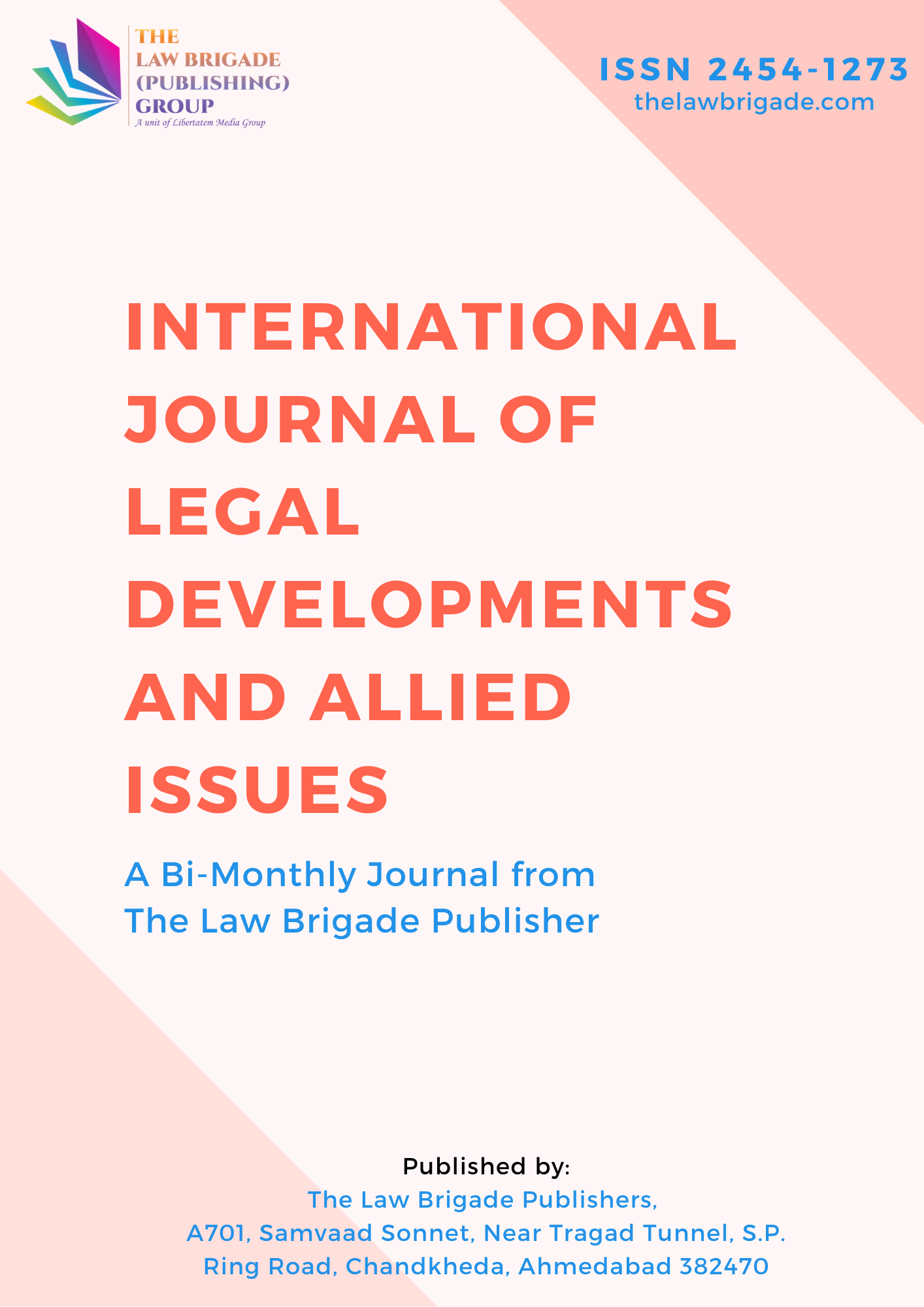The Russo-Ukrainian War is a major post-Soviet military and diplomatic conflict between Ukrainian on the one hand and Russia allied with pro-Russian Ukrainian separatist forces on the other hand. It began in February 2014, following the 2014 Ukrainian revolution, and initially focused on the status of Crimea parts of Donbass, internationally recognized as part of Ukraine. The first eight years of the conflict saw Russia’s annexation of Crimea in 2014 and the Donbass War (started as early as 2014 between Ukraine and Russian-backed Ukrainian separatists), as well as naval incidents, cyber warfare and political tensions. Following a Russian military build-up on the Russia-Ukraine border from late 2021, the conflict escalated significantly when Russia launched a full-scale invasion of Ukraine on February 24 2022. The origin of the conflict dates back to November 21, 2013, following the decision of the Ukrainian government not to sign the Association Agreement between Ukraine and the European Union. This conflict between Russia and Ukraine once again exposed the urgent need to make political and investment choices to support and build viable, resilient and inclusive food systems on the African continent. The African Common position on Food Systems offers trains allowing Africa to increase local agri-food production and to ensure inclusive access to sustainable and nutrient sources, while using low structural weaknesses and vulnerabilities, including poverty and inequalities. While Africa has not yet been fully discounted the socio-economic repercussions of the COVID-19. In the space of a few weeks, world prices of wheat, sunflower and crude oil climbed to unprecedented levels. Africa depends strongly on food imports from both countries, and the continent is already undergoing price shocks and disturbances in the supply chain of these basic products. The conflict will probably have an impact on food security in Africa. Both by the availability and prices of certain food crops, including wheat and sunflower, only by the recovery and socio-economic growth on global financial market.
The Impact of the Russo-Ukrainian Conflict over the African States
Publication Information
Journal Title: International Journal Of Legal Developments And Allied Issues
Author(s): Oumar Boukar Adogaye
Published On: 13/01/2023
Volume: 9
Issue: 1
First Page: 1
Last Page: 17
ISSN: 2454-1273
Publisher: The Law Brigade Publisher
DOI Not Allotted [Get DOI]
Cite this Article
Oumar Boukar Adogaye, The Impact of the Russo-Ukrainian Conflict over the African States, Volume 9 Issue 1, International Journal Of Legal Developments And Allied Issues, 1-17, Published on 13/01/2023, Available at https://ijldai.thelawbrigade.com/article/the-impact-of-the-russo-ukrainian-conflict-over-the-african-states/
Abstract
Keywords: Conflict, Russian, Ukrainian, European Union, NATO, Impact, African States





